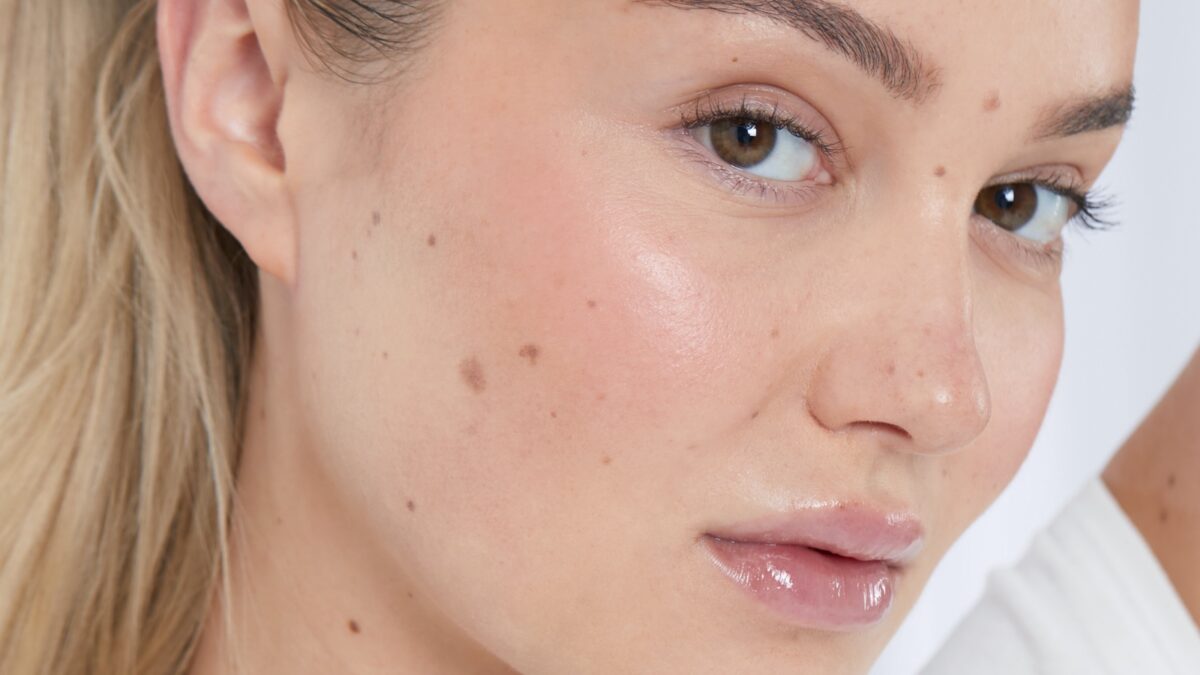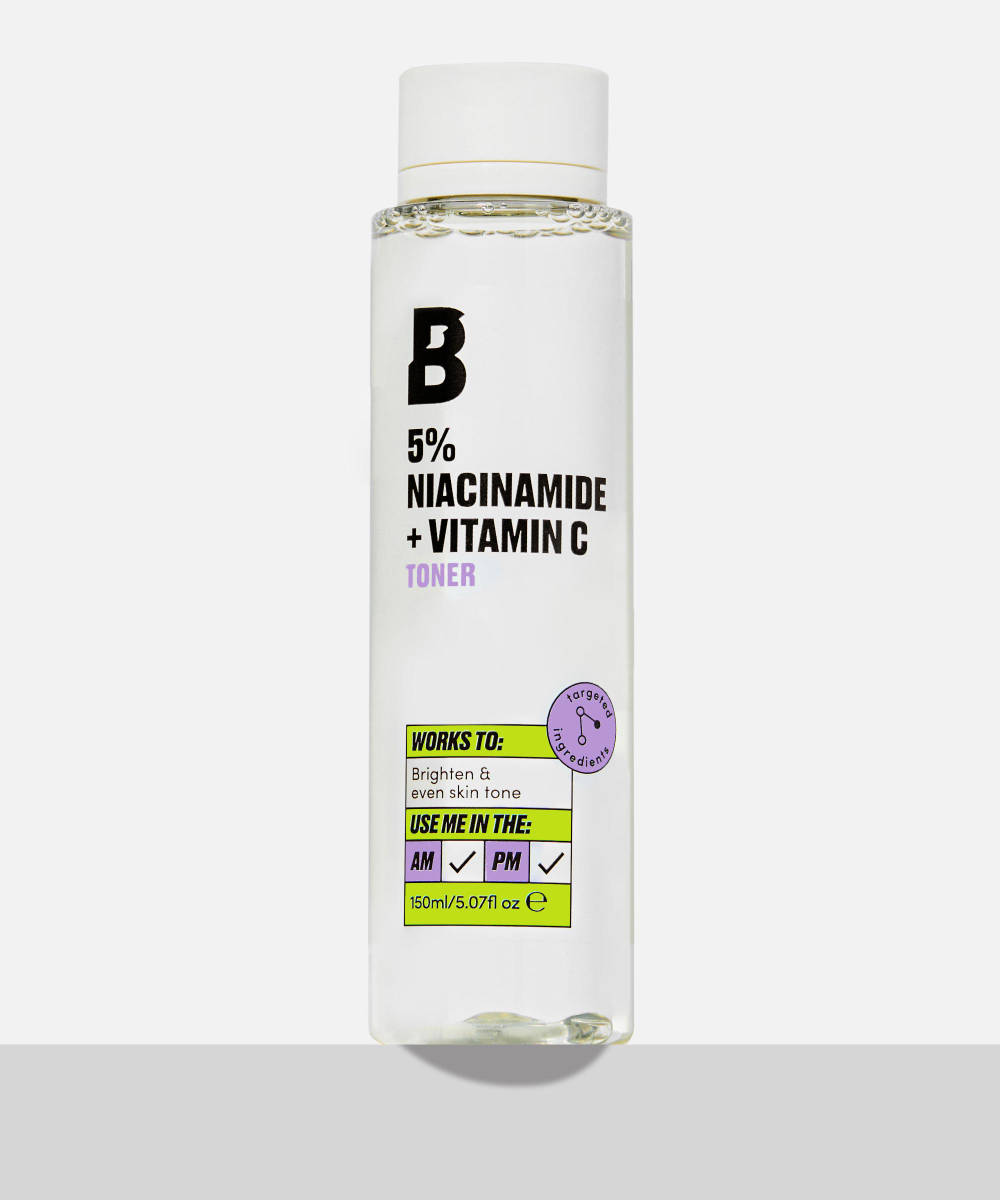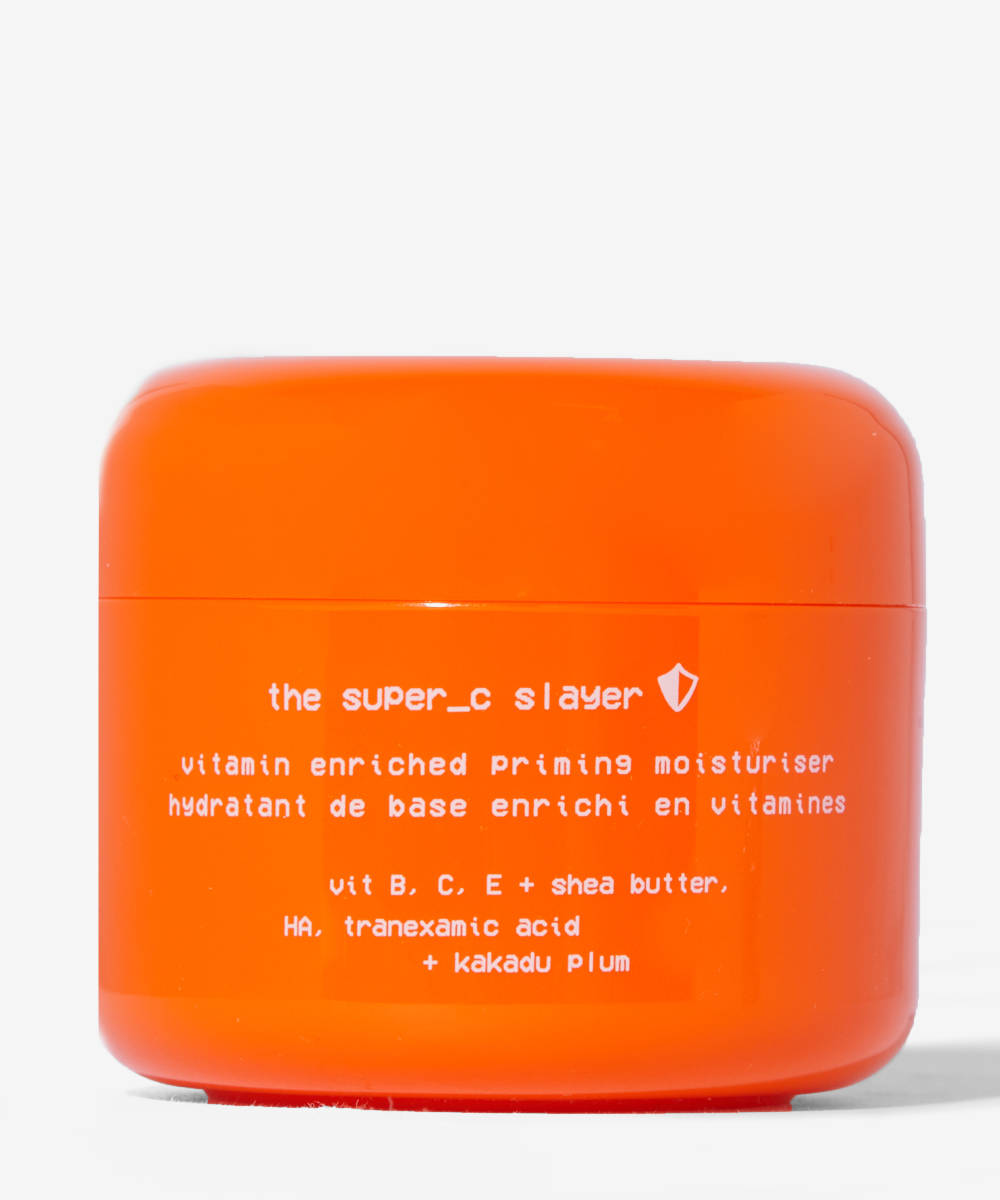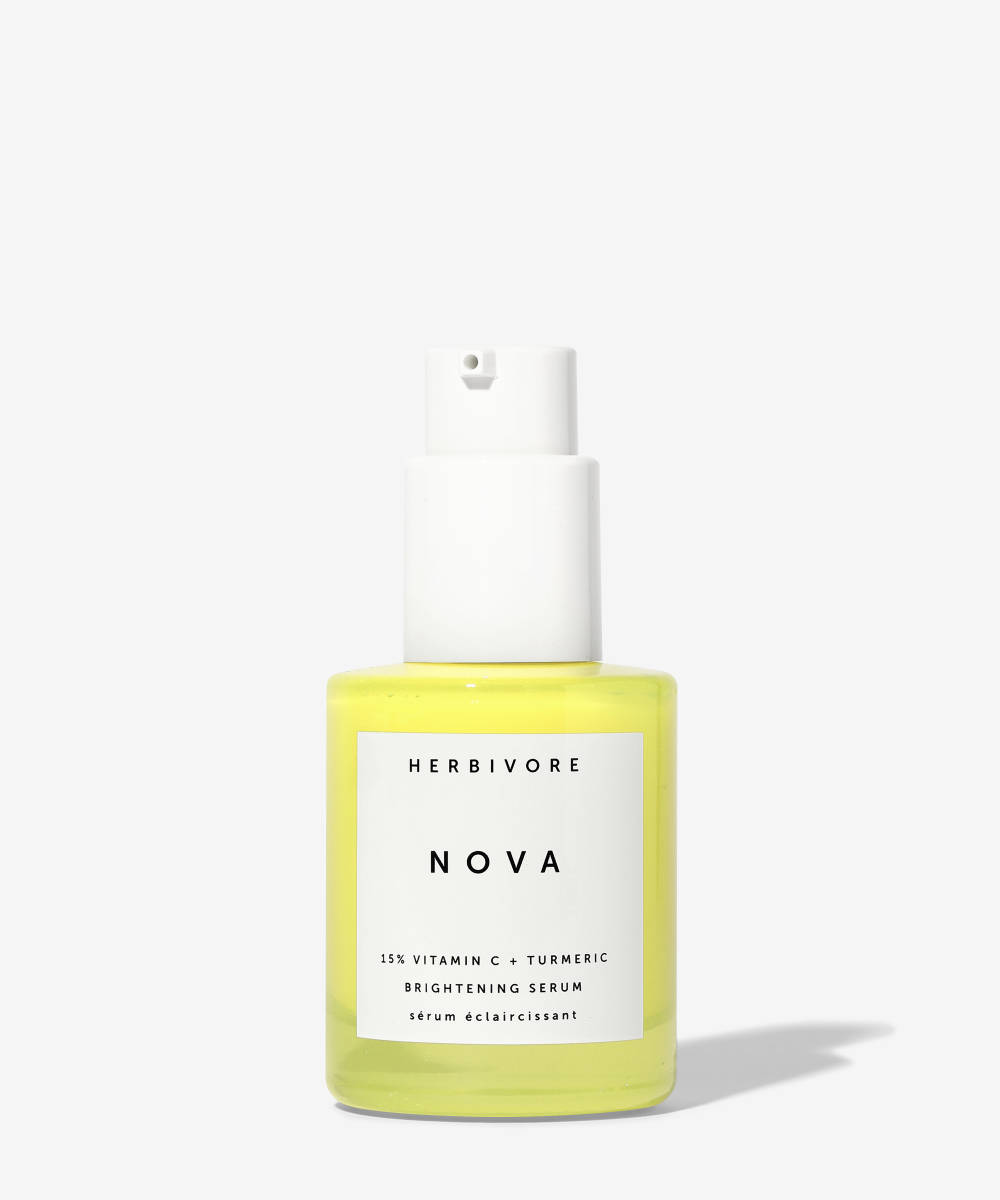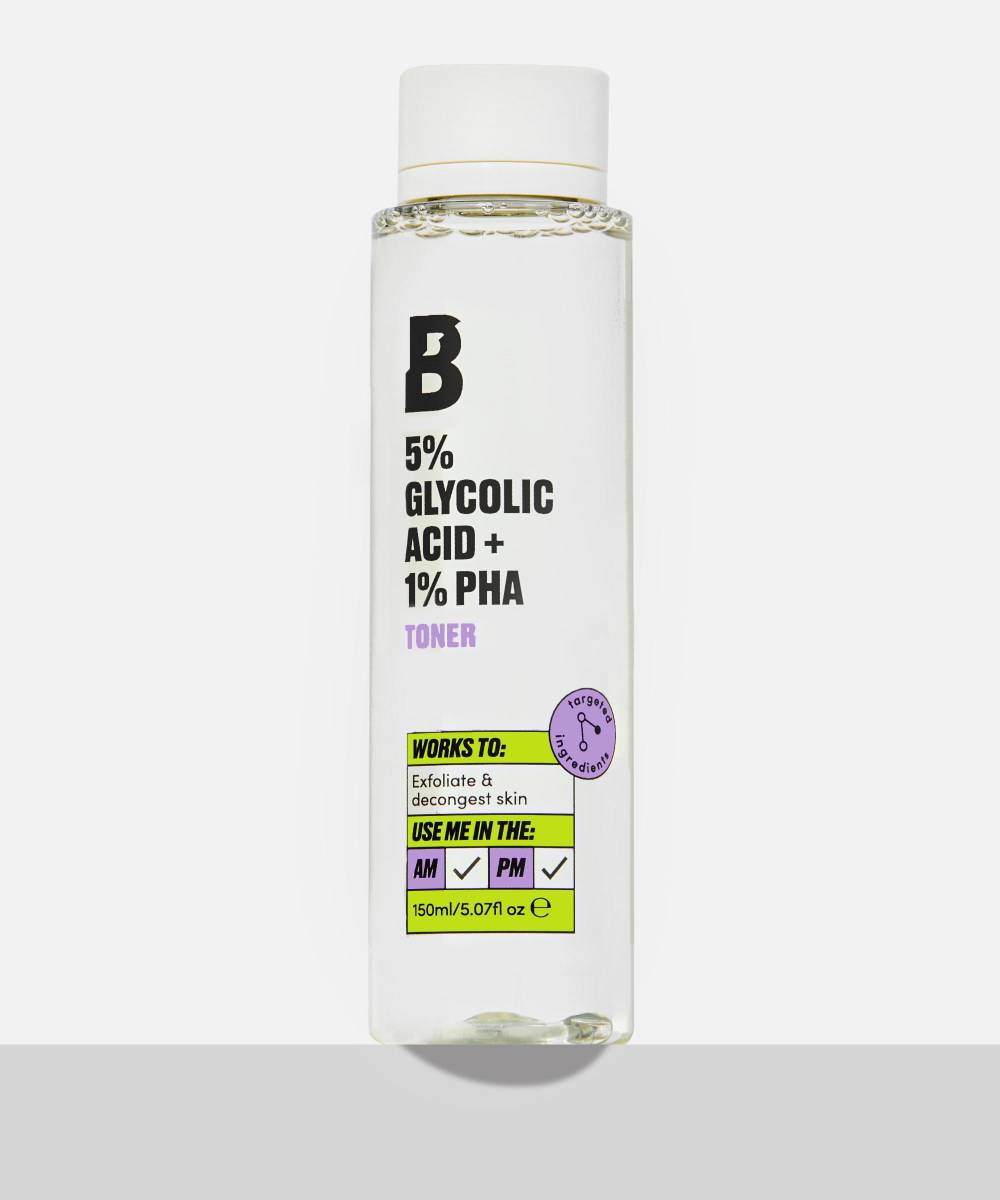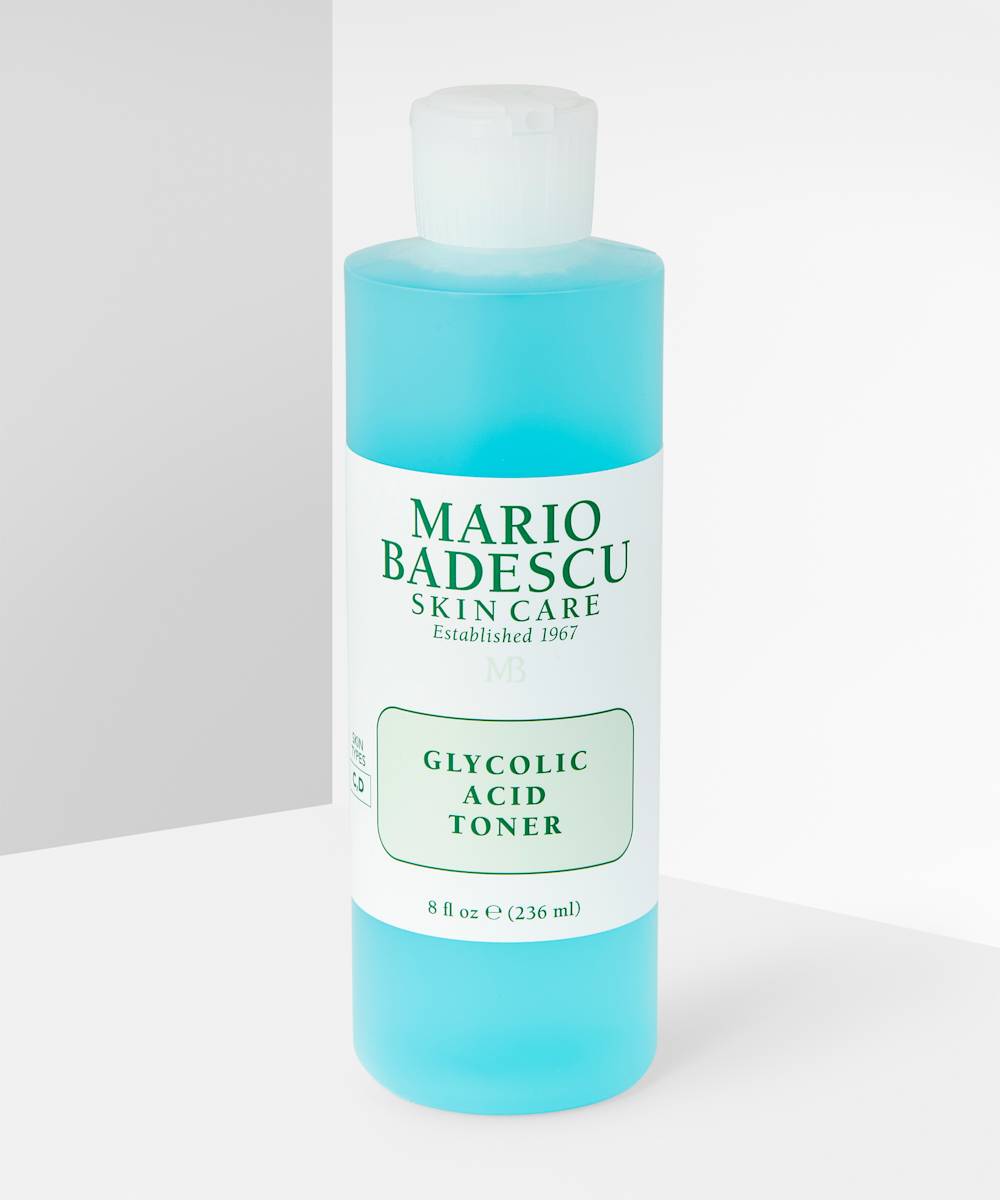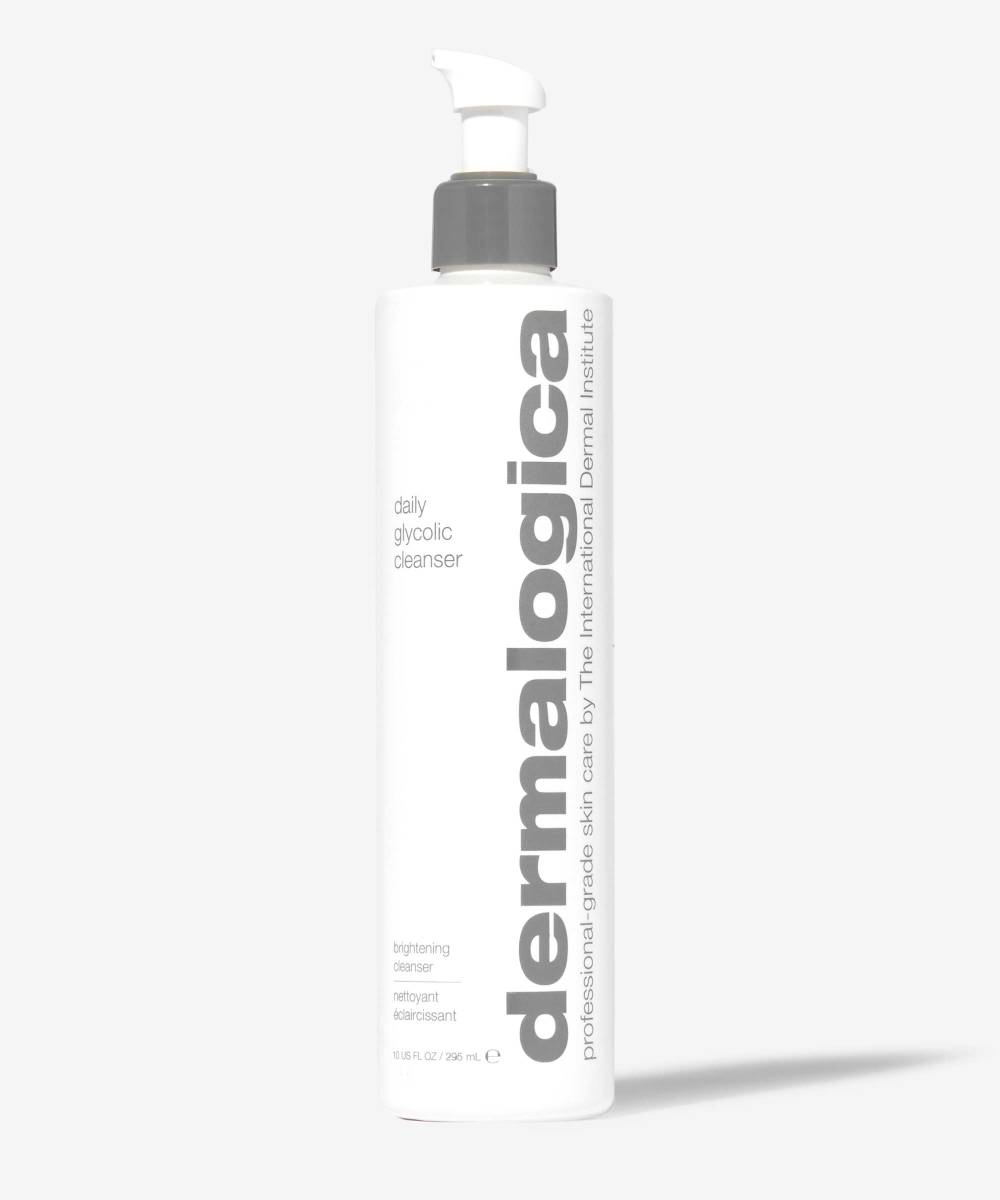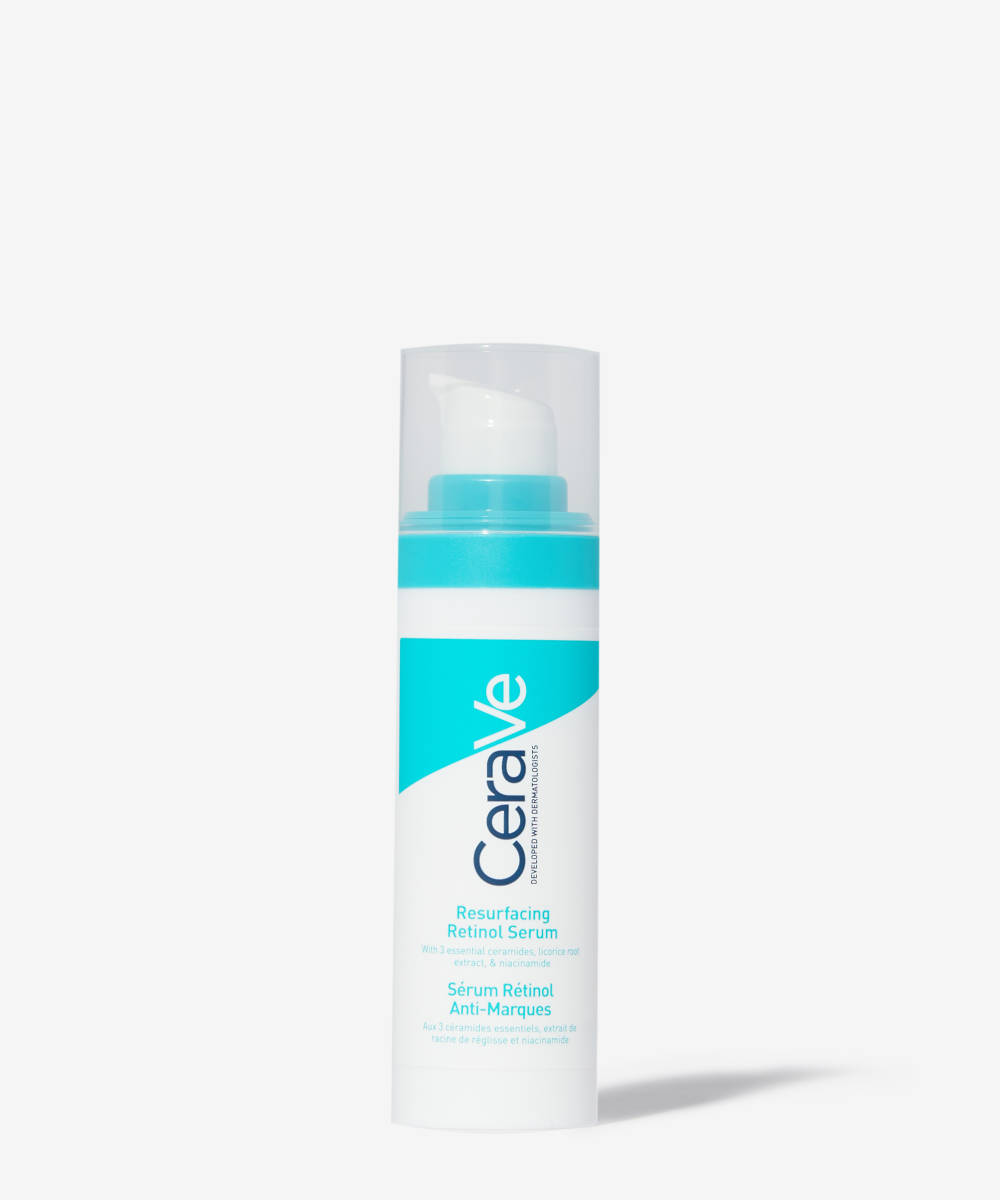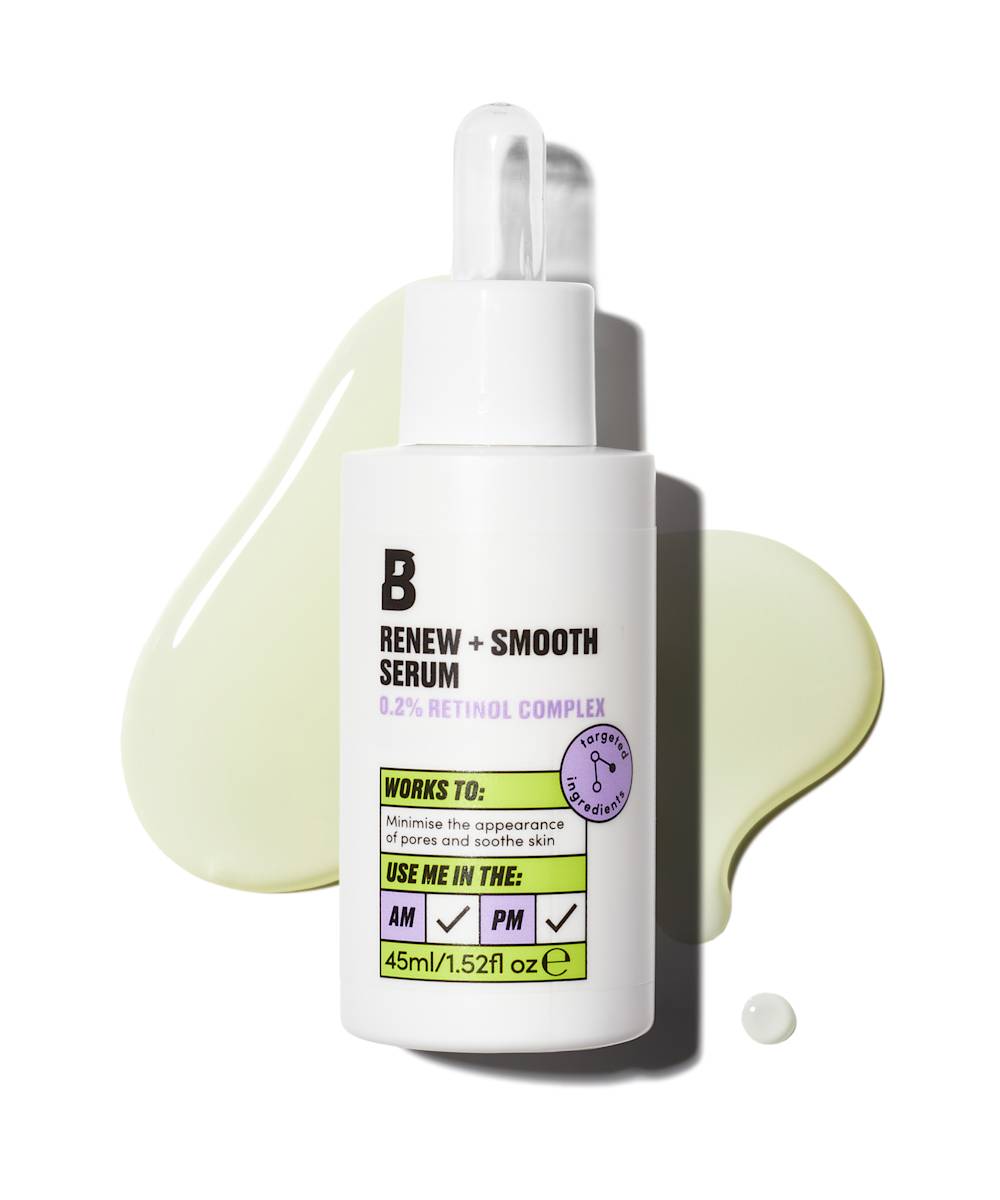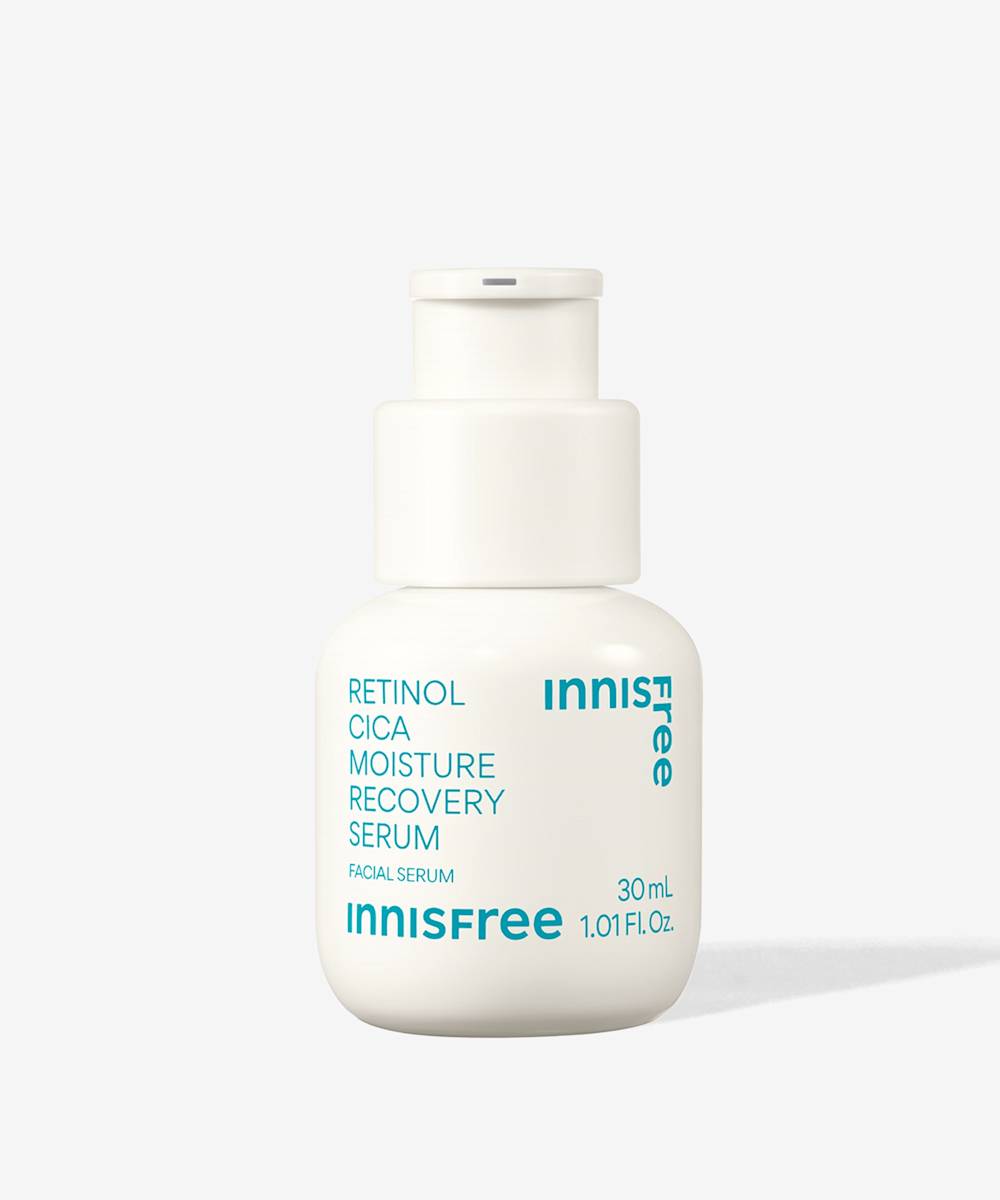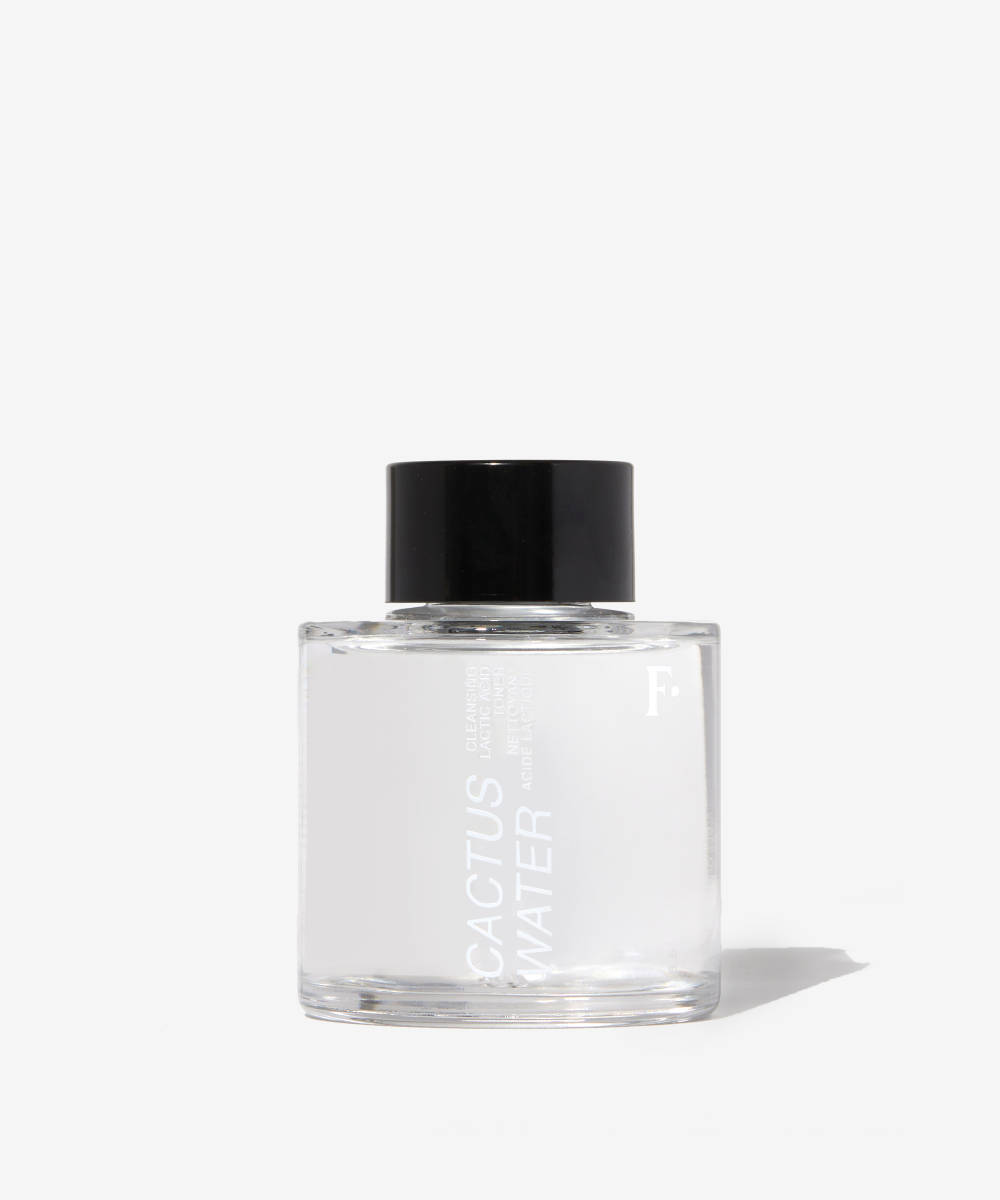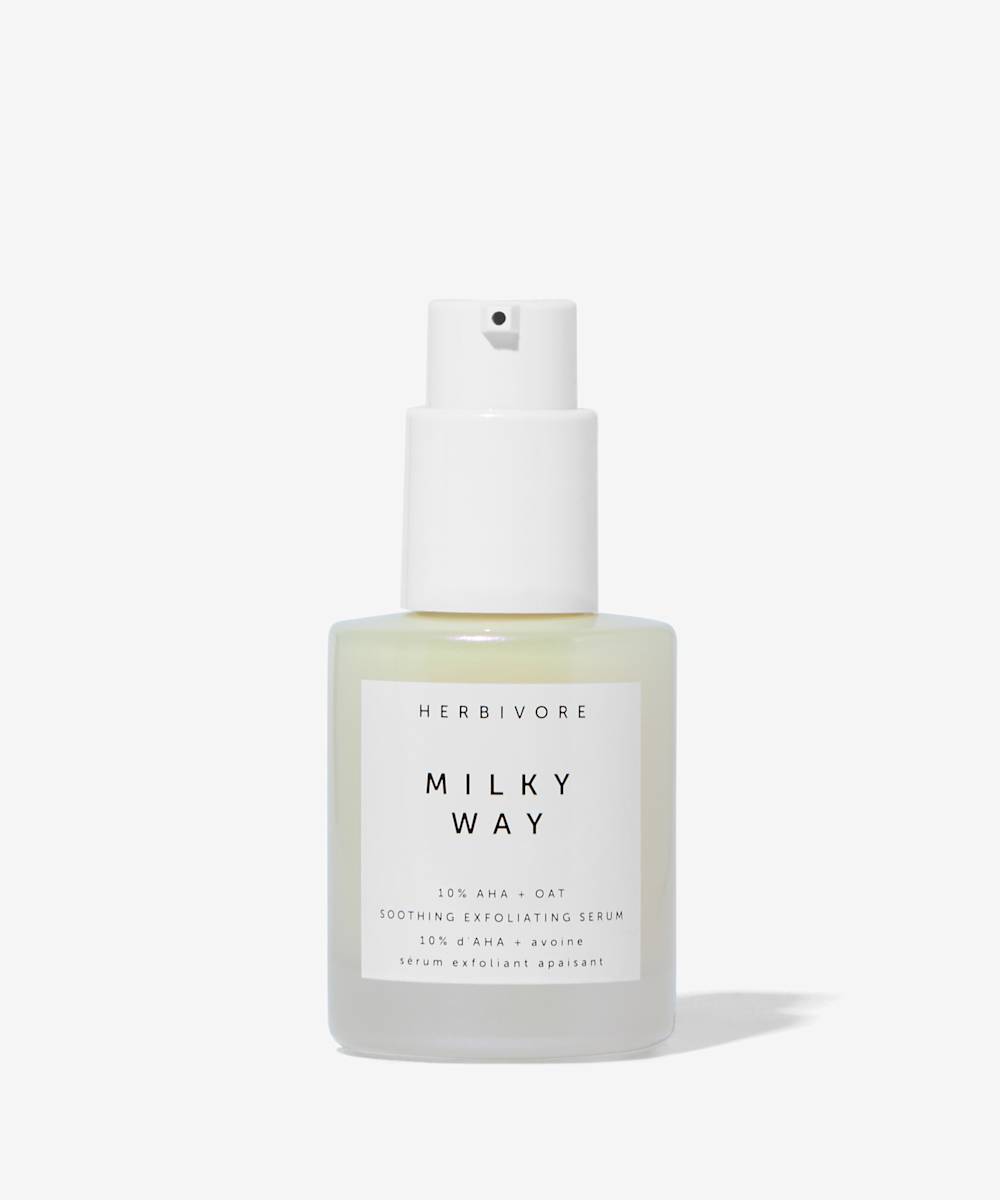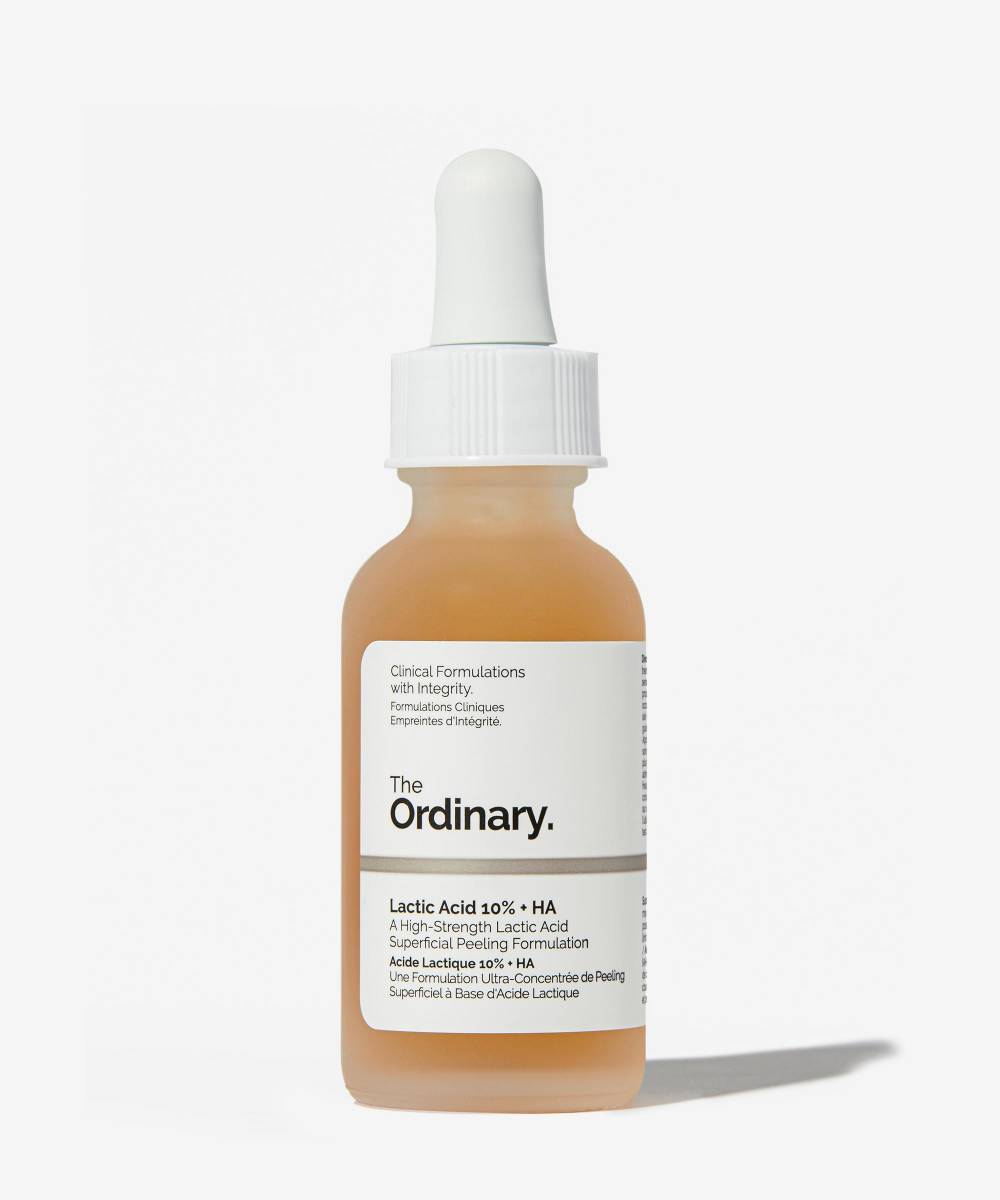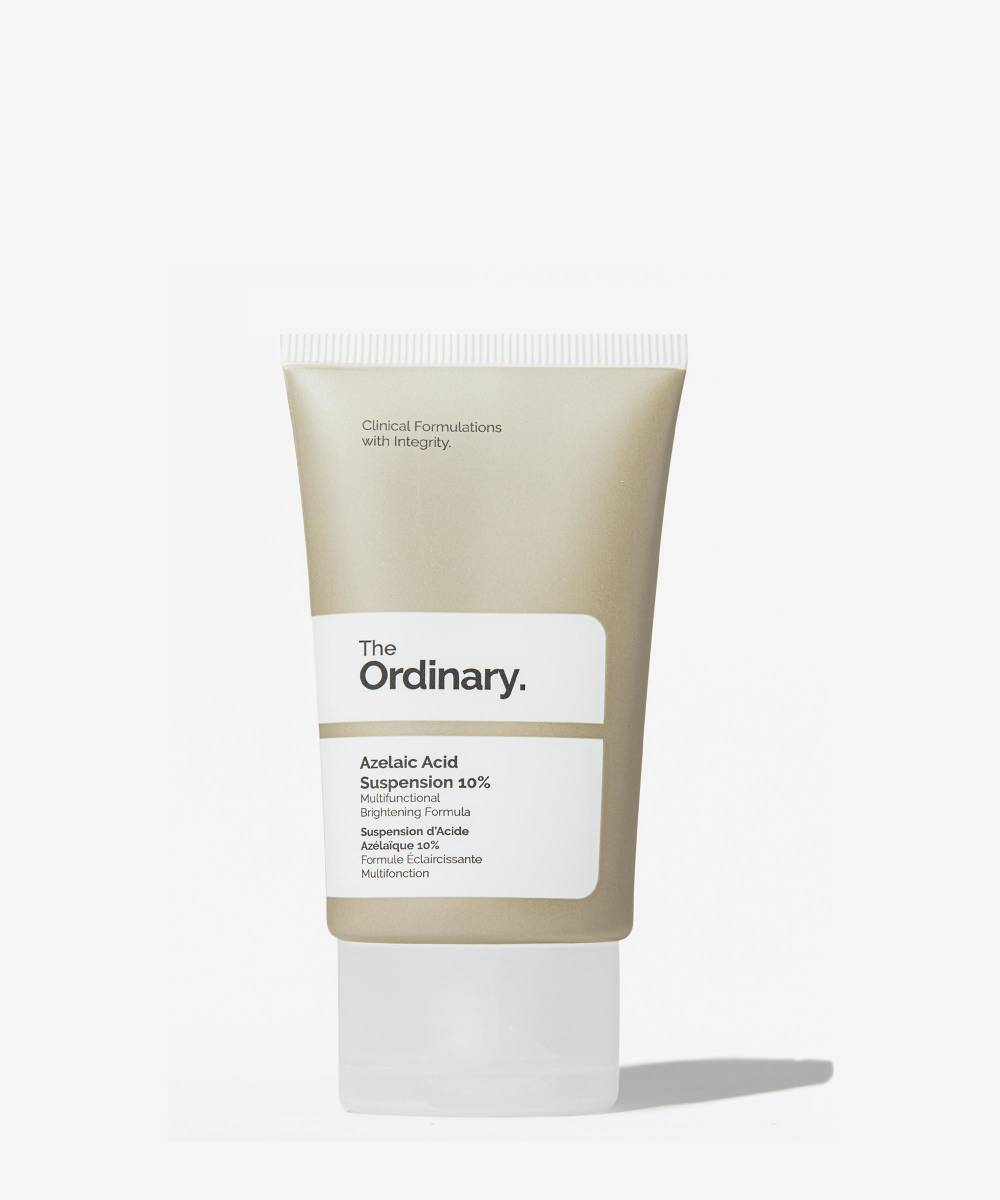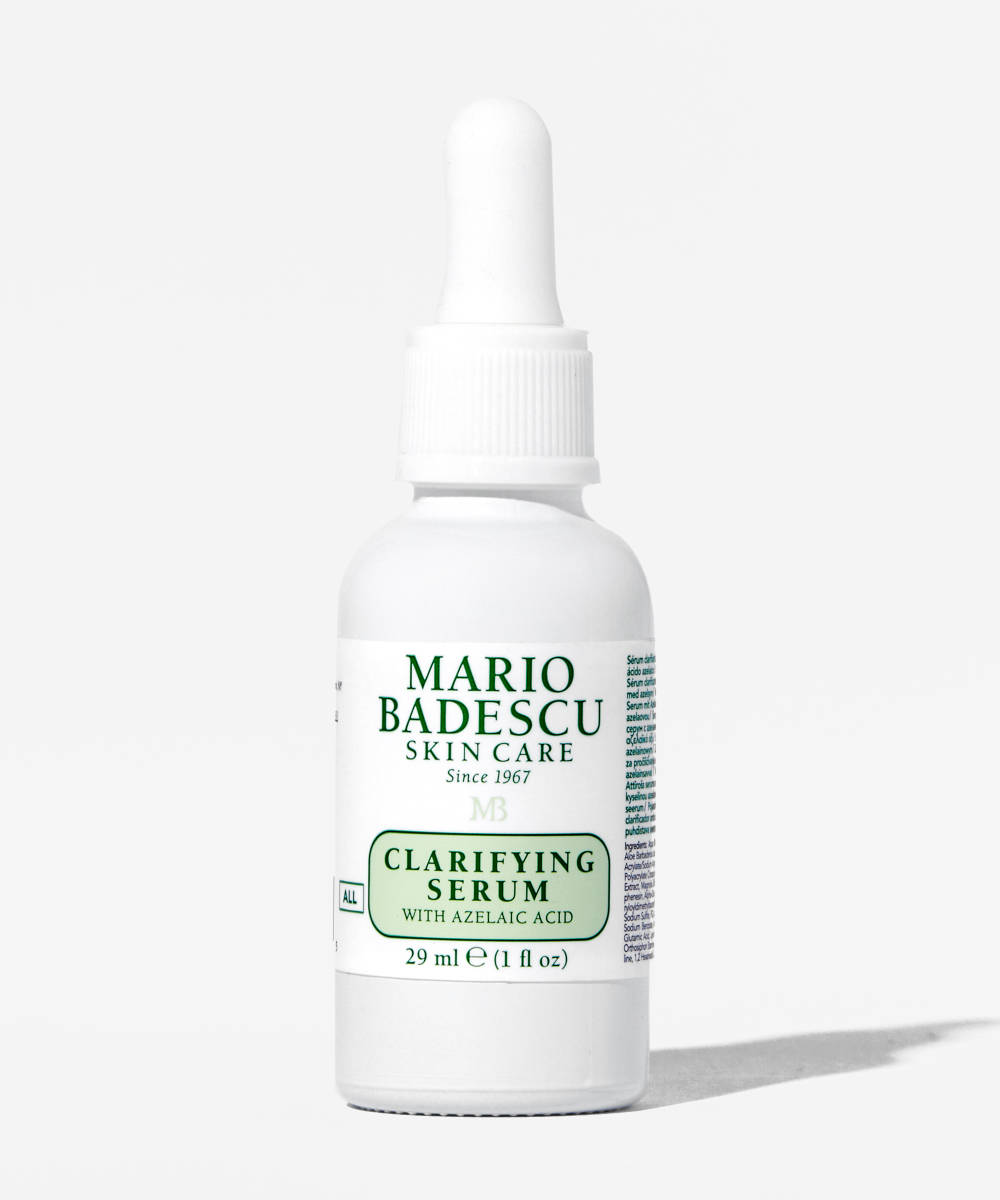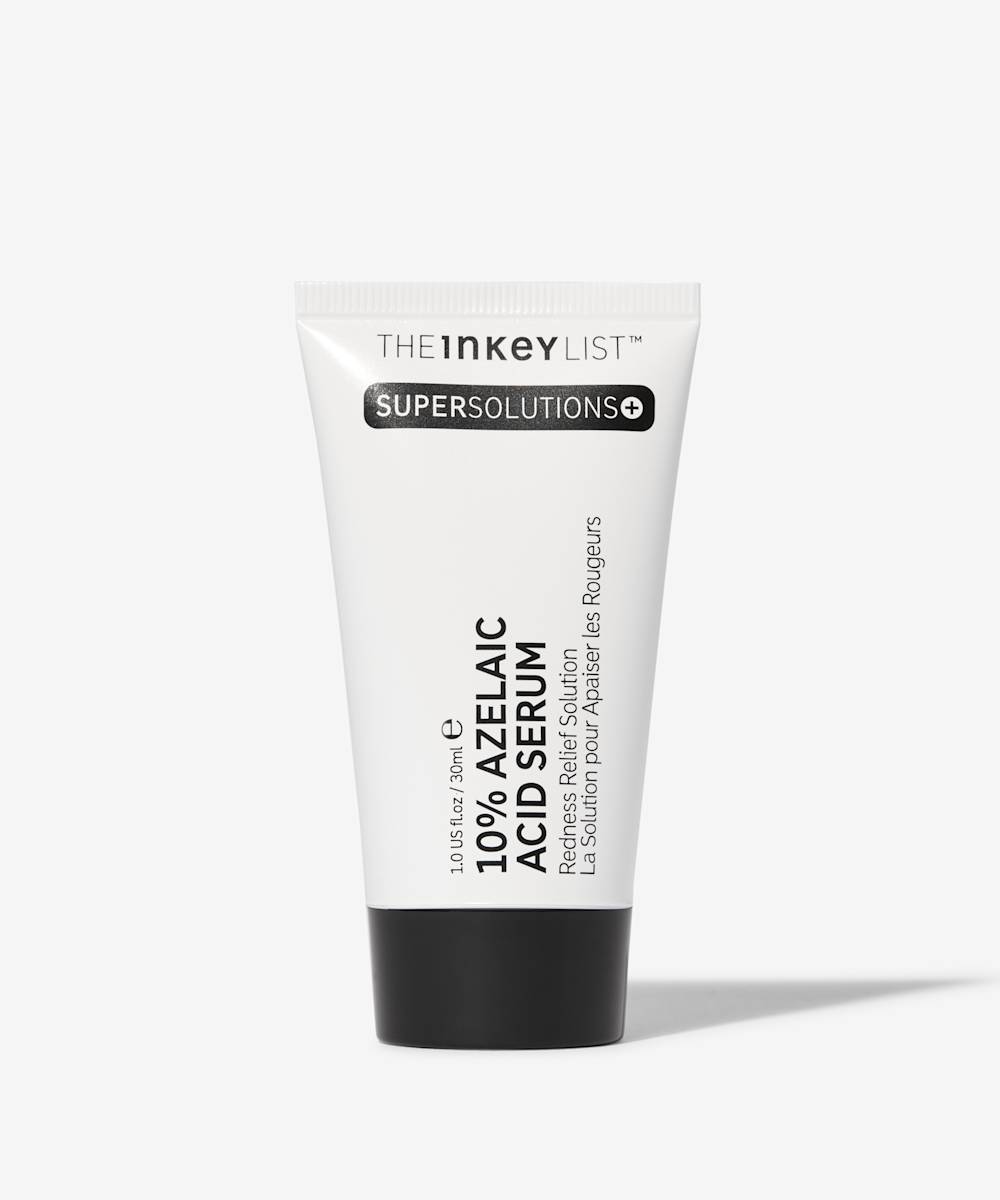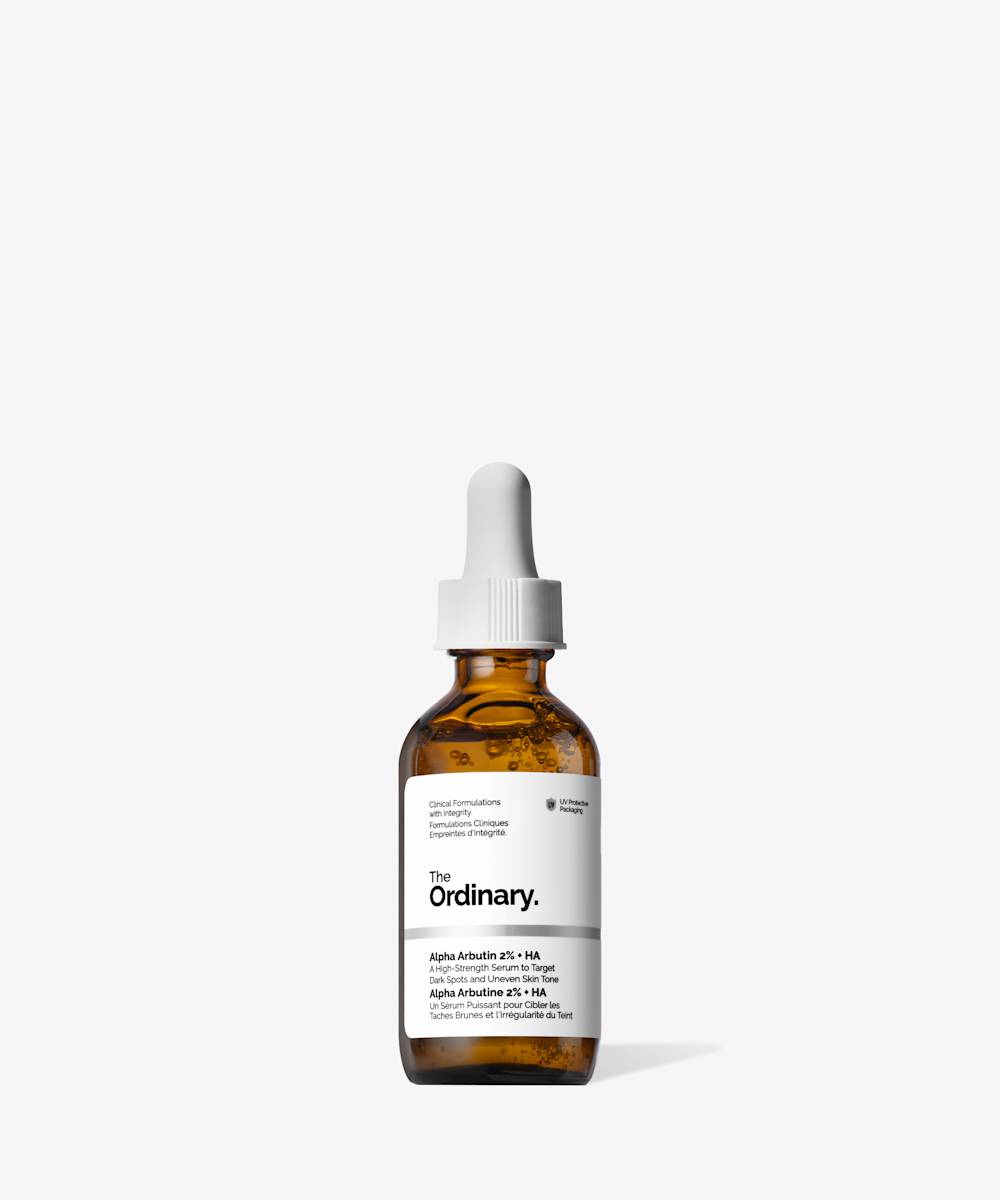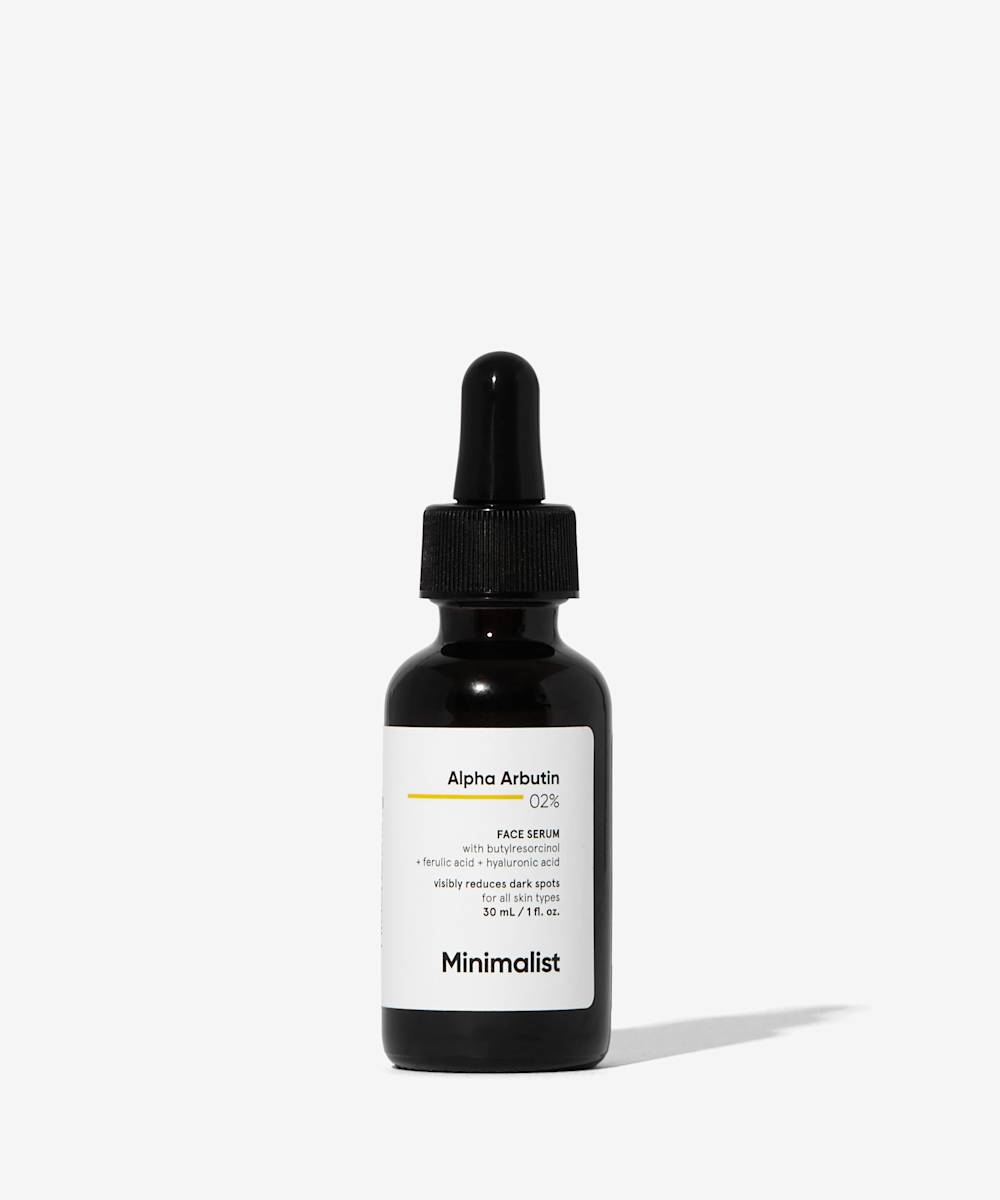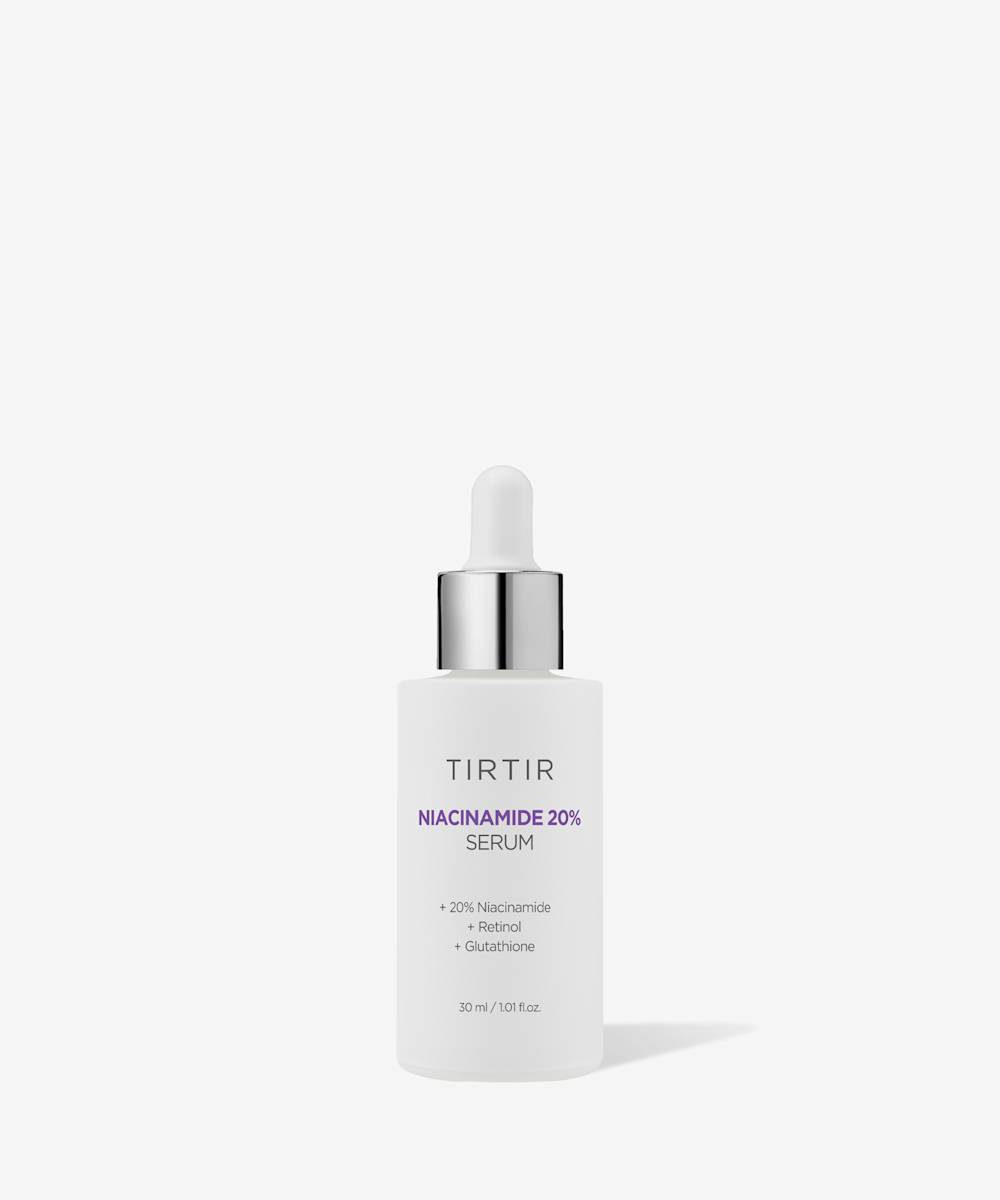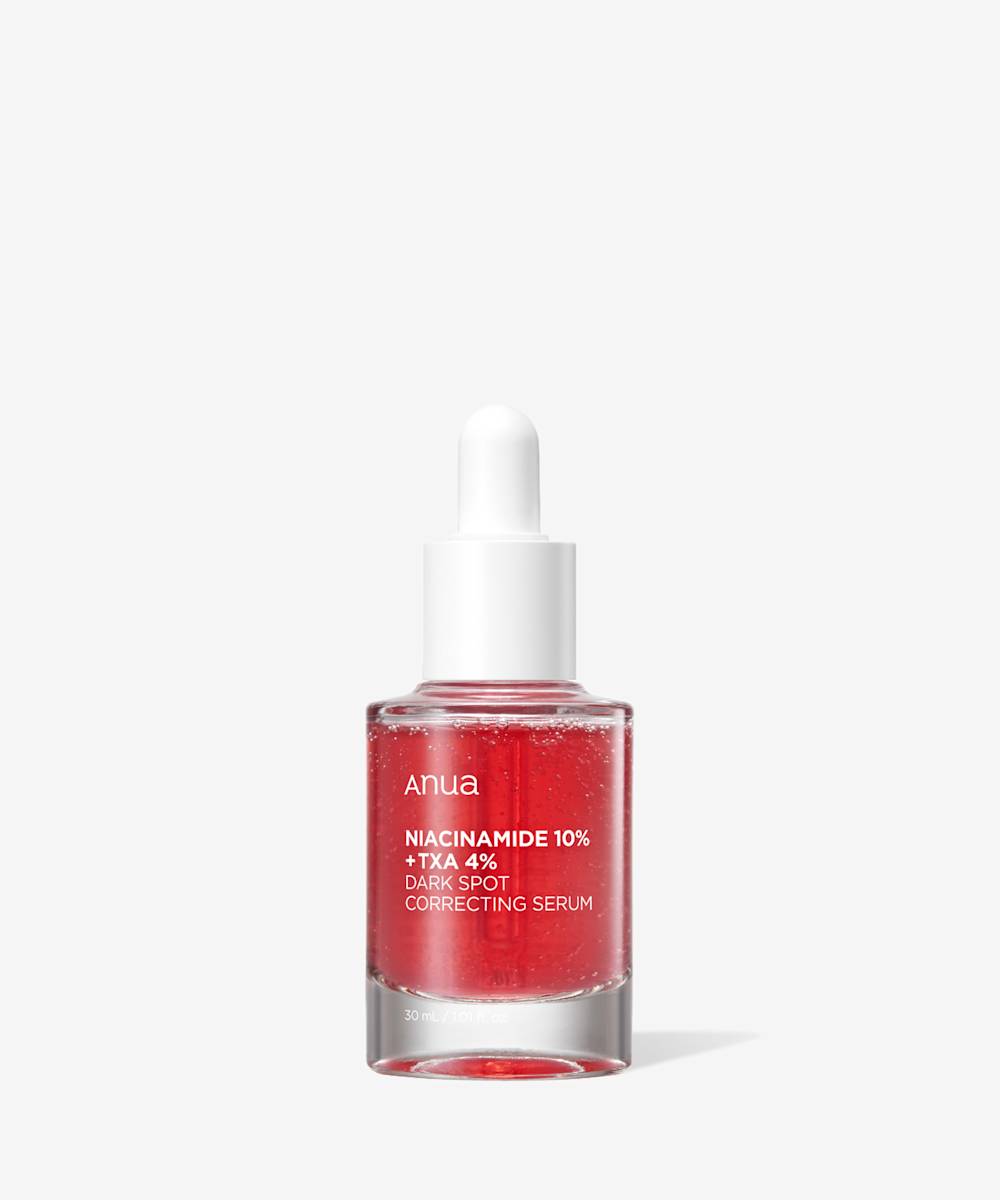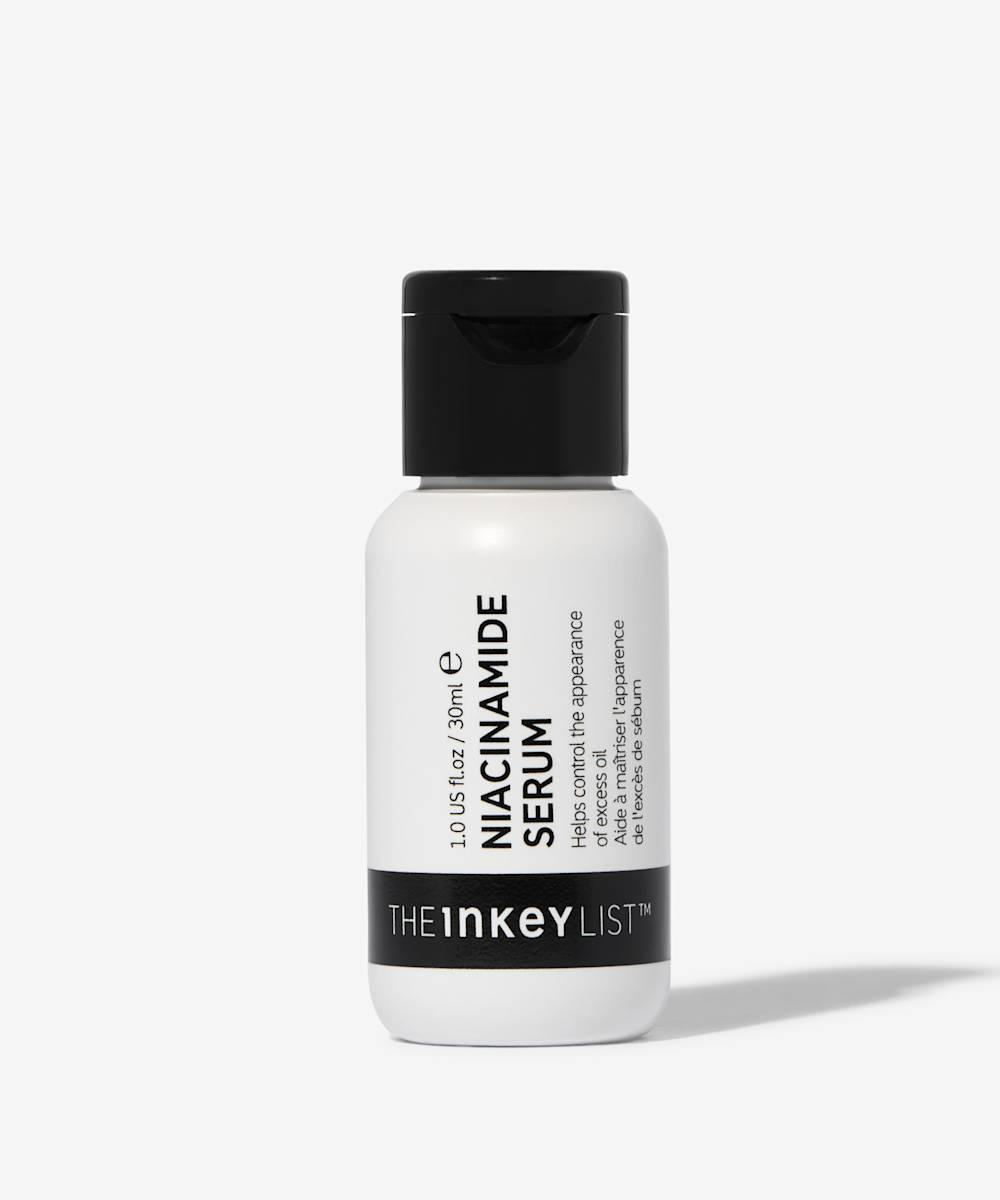‘Bright skin’ is a buzzword in makeup, often associated with the radiant effects of highlighters or illuminating primers. But what if you could achieve that coveted, lit-from-within glow without relying on makeup? For those dealing with dull, uneven, or scarred skin, incorporating the right ingredients into your routine can naturally brighten skin, reduce dark spots, and create a more radiant complexion.
Skin-brightening ingredients work in two main ways, by blocking melanin (pigment) from causing discoloration and by speeding up cell turnover to fade existing marks and remove dead skin. From glycolic acid and vitamin C to retinol and niacinamide, here’s the best ingredients to brighten your skin and achieve that healthy glow effortlessly.
The best skin brightening ingredients
1. Vitamin C
Category: Tyrosinase inhibitor (prevents pigment from developing)
How it works: Vitamin C keeps skin bright and clear by blocking pigment production. This stops skin from forming marks after trauma (e.g. post-acne pigmentation) which gives the appearance of a dull, uneven complexion. It also helps to prevent skin from developing the photodamage and dark spots caused by sun exposure.
Top tip: Use in the morning (vitamin C is an antioxidant so also offers skin defence against pollutants) and avoid mixing with active ingredients like retinol and exfoliating acids.
2. Glycolic Acid
Category: Exfoliating (removes dead skin)
How it works: Glycolic acid works by breaking down and removing the dead skin cells in the top layers of skin. As the dull, dead skin cells are removed, they are replaced by fresh, new ones. This makes the skin appear clearer and brighter, and over time helps to fade the appearance of scars and pigmentation.
Top tip: Use in the evening after cleansing and before applying serums and moisturiser. Avoid using retinol or vitamin C immediately after.
3. Retinol
Category: Speeds up cell turnover and reduces pigment production
How it works: Upon application, retinol breaks down into retinoic acid, which stimulates cell turnover and prompts an exfoliation effect. As each renewed layer comes closer to the surface, skin appears brighter and clearer, and marks or scars increasingly fade. In addition, retinol also inhibits melanin production to help diminish hyperpigmentation, dark spots, and acne scars.
Top tip: Apply in the evening, avoid layering with exfoliating acids and vitamin C, and always wear SPF the morning after application.
4. Lactic Acid
Category: Exfoliating (speeds up cell turnover)
How it works: Similarly to glycolic acid, lactic acid dissolves the upper layers of dead skin cells, kickstarting a process of renewal that means fresh new cells come to the surface and make skin appear brighter. Lactic acid has larger molecules than glycolic acid, so doesn’t penetrate as deeply and is less likely to irritate sensitive skin.
Top tip: Use in the evening after cleansing and before applying serums and moisturiser. Avoid using other exfoliating acids, retinol, or vitamin C immediately after.
5. Azelaic Acid
Category: Tyrosinase inhibitor (prevents pigment from developing)
How it works: A natural skin brightener derived from wheat, azelaic acid has anti-inflammatory properties, so is particularly effective at treating redness and uneven skin tone caused by conditions such as acne, rosacea, and melasma. It cleverly only targets excess melanin, so only targets the areas that need it.
Top tip: Azelaic acid also has antibacterial properties and helps to clear dead skin cells, so is an ideal ingredient in a skincare routine for acne-prone skin.
6. Alpha Arbutin
Category: Tyrosinase inhibitor (prevents pigment from developing)
How it works: A safer (yet still very effective) alternative to hydroquinone (a popular skin brightening ingredient that has been banned in the UK), alpha arbutin is a natural ingredient that reduces skin’s melanin production. It’s particularly effective at fading the appearance of dark spots left behind by sun damage and breakouts.
Top tip: Use with vitamin C for maximum benefits.
7. Niacinamide
Category: Brightening agent
How it works: Niacinamide, a type of vitamin B3, is great for brightening your skin and evening out your complexion. It helps by stopping melanin (the pigment that causes dark spots) from spreading to your skin cells, which reduces discoloration. Plus, it calms redness and irritation, making it perfect for sensitive or acne-prone skin. Niacinamide also supports the skin barrier, enhancing its hydration, resilience, and keeping it healthy.
Top tip: Pair with retinol to get even better skin-brightening results while minimising the potential irritation that can come from using retinol.
*FYI this article was published at an earlier date and has since been updated
